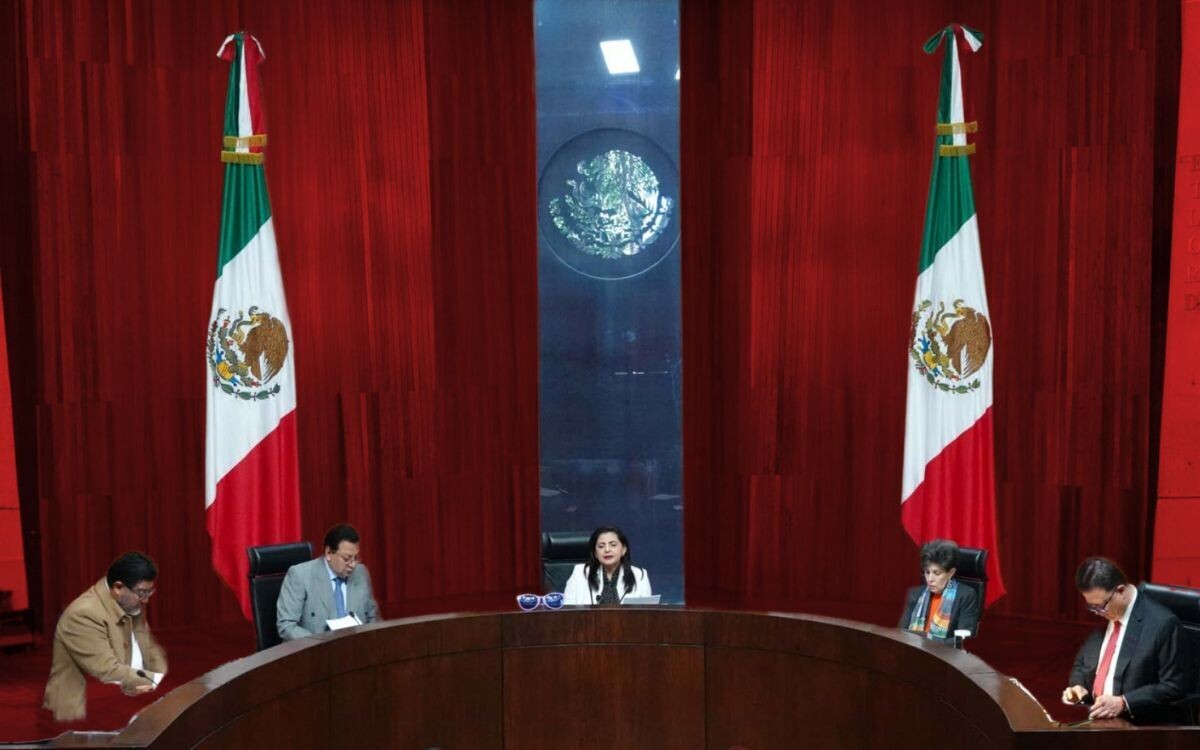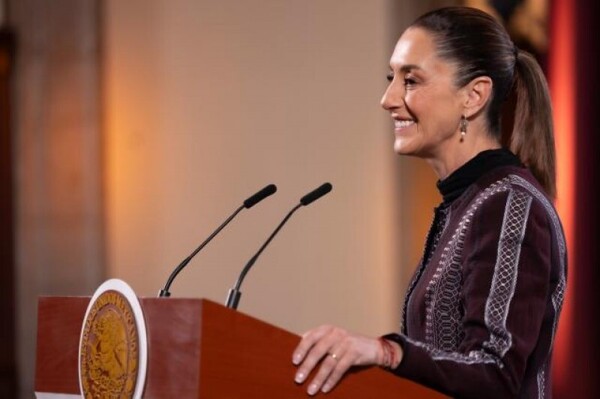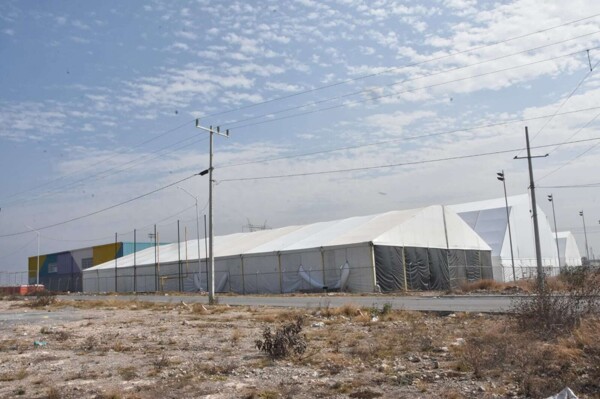
The retired minister of the Supreme Court of Justice of the Nation (SCJN), José Ramón Cossío, asserted that there is no legal basis for the Senate of the Republic to assume extraordinary powers in the judicial election and present the corresponding list of candidates for the Federal Judiciary to the National Electoral Institute (INE). During his participation in Aristegui En Vivo, Cossío emphasized that this current situation is the result of inadequate decisions that are harming the judicial election process, pointing out a design problem from the outset.
Regarding the position of the presiding magistrate of the Electoral Tribunal, Cossío questioned her argument about the Senate's ability to address unforeseen circumstances in the process, underscoring that there is no legal or constitutional foundation for it. The minister highlighted that the Constitution establishes a system of express and specific competencies, which does not contemplate extraordinary powers for the Senate in this context. He also mentioned that if a power does not present its lists on time, it loses the possibility of proposing candidates.
In reference to the resolution of the Electoral Tribunal, Cossío pointed out that Article 99 of the Constitution indicates that the Supreme Court of Justice is the highest interpreter of the Constitution, even on electoral matters. In his opinion, granting extraordinary powers to the Senate lacks legal support and could delegitimize the judicial electoral process. The retired minister emphasized that the Senate is not legitimized to intervene in this election, criticizing the expansion of its powers.
Cossío also questioned why the Electoral Tribunal initiated the discussion at the request of the Senate and mentioned the existence of legal mechanisms that should have been used to resolve the controversies. In this regard, he highlighted that the Evaluating Committee should have waited for the Plenary of the Supreme Court of Justice to issue a ruling, according to the Organic Law of the Federal Judiciary. He concluded by stressing that the highest interpreter of the Constitution is the Supreme Court of Justice, not the Electoral Tribunal.














